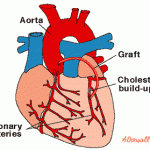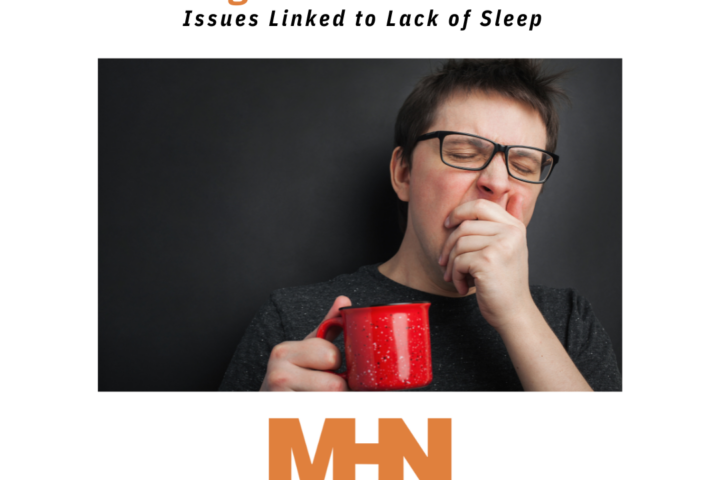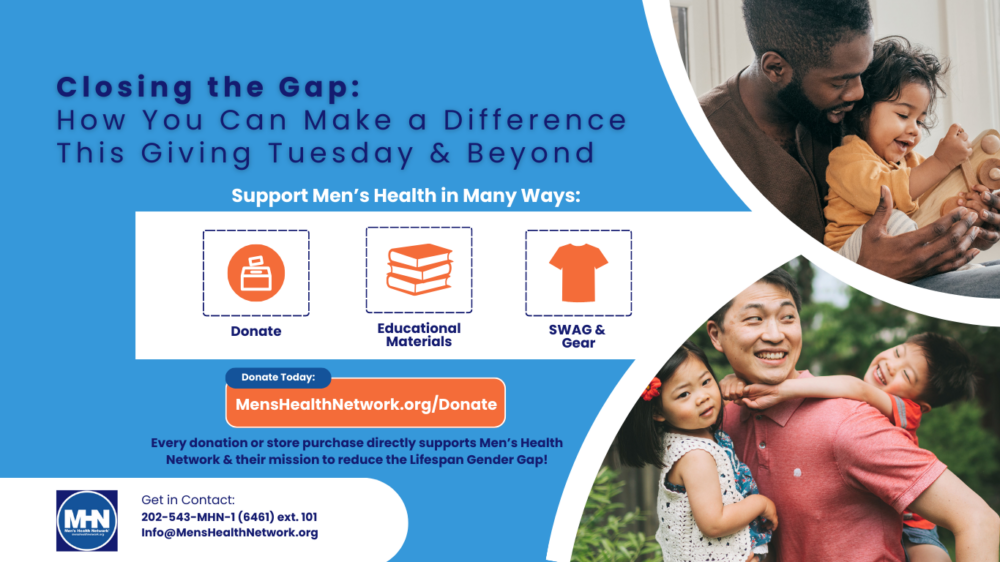To start with I had two attacks. First one was up in Yosemite and I was on a mini-vacation with my wife. We were doing the Vernal Falls trail after already being in Yosemite for a day. We started in walking and then after about 200 yards, my neck and chest just felt like they were paralyzed. I would stop until the pain went away and then kept walking. I gradually started to sweat more and more. I then finally had to stop about 2/3 of the way of the hike and then wait for my wife to finish and pick me up on the return. Note that going down I was fine, just a little shortage of breath. I then went the whole summer doing my normal workout of walking and swimming. The main difference was that when I walked up hill I would have shortage of breath and have to stop. I thought it was allergies.
The second attack, I was running in Golden Gate Park, just a couple of hundred yards but when I hit the street corner to stop. It hit me again, massive pain in front of chest and around the neck. I managed to cross the street and sit down. The pain did not go away this time when I sat down and that is when I knew I was in trouble. I then went through having the pulmonary test which proved negative and then the treadmill test which showed I had a problem in the heart. Next test was the angiogram. In my case, they give you an IV, dope you up with valium and then wheel you in this room where the doctor puts video cable into your femoral artery and into your heart. You are actually awake so you can see your heart and what is wrong. In my case it was the left coronary artery. Now before I head into surgery phase please note the following.
Please get your cholesterol in check, along with your diet. This is a warning but now you can read on. You do not want to go through one of these surgeries.
Prep is easy, shaving you, etc. Getting the IV in is also easy as they give you a little shot first to deaden the pain. Then once they get the IV in and wheel you to the operating room, you know nothing until you wake up. When you finally wake up and are in the ICU, you have a ton of tubes stuck in your body. I had 3 IVs in each arm, a wrist arterial IV and a Neck IV stitched in. I also had two drainage tubes at the bottom of the 7 1/2” incision where they cracked my chest. You can see this in the photo. During the first night after surgery, I was awake every 15 minutes. They were always doing something like taking blood, or checking my blood pressure or giving me some shot. You can’t drink water so you only get ice cubes which is more like shaved ice. You also can get get cold compresses which the nurse will change (I was not the whole night).. You can barely move so the nurses would move the pillow under you from side to side and rotate your head pillows as these get hot. This was so you could change positions just a little as you are on your back. I hate being on my back, so this was a major effort for me. The worst thing for me that night was they had trouble getting an arterial IV in my wrist and tried three times always sticking me in some new wrist spot. They then got a new version and put it on the first try on my other wrist. I felt a little squeamish but I had nothing in me to puke and I got over it. 
The next day I was moved to my own room in the surgical care unit and I could get up and walk around a couple of times a day with help from my wife and daughter. This was so I could build my strength up but any sudden jarring sent a spasm of pain through my innards. Again, you are awake a lot getting shots, having blood taken or taking your meds including pain pills. When they took out the neck IV it made me happy. It was kind of weird as they could just give me shots right in the old neck through this elaborate IV. When they removed it they had like this plastic sheet over me for the blood spurts from taking out the stitches or in case something happens. The doctor who removed it did a great job and I never really felt much when they removed this IV. Oh yea, removing the catheter was another big event, ’nuff said for you guys that have had one. Those guys that haven’t well all I can say is enjoy the experience.
The worst experience I had with shots was that they gave me potassium shot through my wrist IV and it felt like someone poured acid on top of my wrist. It really felt like a hot needle going through my wrist. I told them nicely it hurt like hell and they cut that out really fast.
The first week after surgery is the worst and then you go home. I am now at 5 weeks home, have lost 10 lbs. but I still get tired and it will take another couple of months to feel totally normal and to have my sternum healed. The end result is that I wish I had watched my cholesterol more, take my statins and ate better. You could be more genetically prone towards high cholesterol. My advice is get your cholesterol checked and watch your diet and exercise. I will now be doing this as well as taking medication for the rest of my life.
I know those burgers and steak and French fries look good but believe you me, after you get a CABG they do not look all that appealing to me anymore. I am fine with oatmeal and fruit and veggies, and I had chicken last night. Try having chicken burgers or turkey burgers. I also cannot tell you how important it is to have a good support network when you get home. My wife and daughter took care of me and they did an outstanding job. It is tough to move around especially when you get up from bed. Little by little you get your strength back. Please feel free to pass this on to your friends, which is what I am doing. I know it is a pain to look and think about but since so many people get heart disease, someone has to let you know. Now a year has gone by, I am feeling great and can work out and not have the shortage of breath. I went out and warned a lot of my friends and guess what, one did nothing and passed away of a heart attack several months ago. He just didn’t feel well one morning, keeled over and died. Another who I had just talked to end of last year, just passed away a week ago from some heart issue. My advice. Don’t ignore being dizzy and go get the tests done. 1 out of 2 men over the age of 50 will have heart disease.



